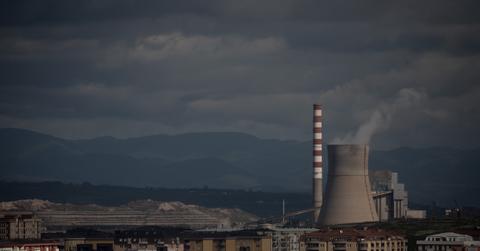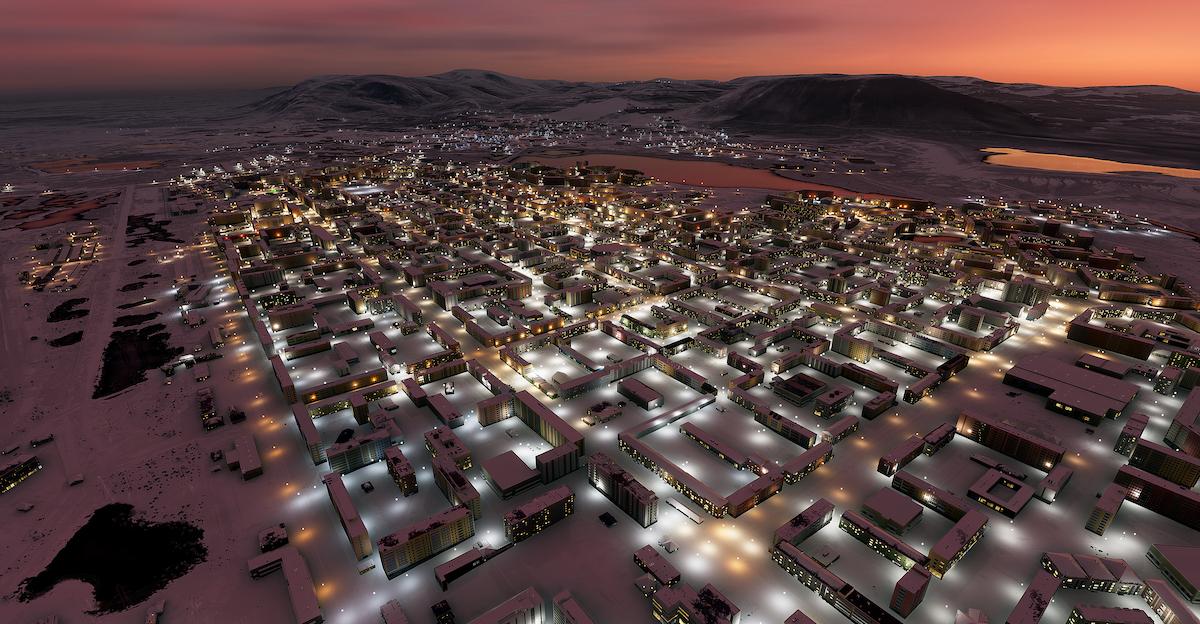Russia’s Permafrost Is Melting, Causing Homes to Collapse as the Earth Beneath Them Sinks
Published Oct. 19 2021, 11:45 a.m. ET

The ongoing climate crisis has affected the Arctic at disproportionate levels compared to the rest of the world — and it looks like northern Russia is starting to feel the effects, as well. Recently, rural communities nationwide have noticed that the permafrost, or frozen ground, has been melting at an alarming rate. And unfortunately, Russia's melting permafrost is taking a massive toll on infrastructure nationwide, toppling buildings, destroying roads, and knocking over electric power lines.
Moscow State University scientist, Alexey Maslakov, described the destruction via NDTV.
"There isn't a single settlement in Russia's Arctic where you wouldn't find a destroyed or deformed building," he said. Keep reading for more on this dangerous and seriously devastating situation.
Russia's melting permafrost is truly destroying northern communities.
Old Siberian cities like Churapcha are in trouble, as most of the local infrastructure was built on permafrost, which is melting. Per Reuters, roads are in shambles, pipelines are on the verge of bursting, and homes are collapsing as the earth beneath them sinks. Permafrost covers about 65 percent of the country, but with Russia warming almost three times as quickly as the rest of the world, Siberia's frozen tundra is melting, releasing greenhouse gases, and basically turning into a swamp.
This could create a serious economic crisis in Russia, as experts predict damage could amount to 7 trillion roubles ($97 billion USD) by 2050. These cities were erected in the 1960s and 1970s, with the seemingly safe assumption that permafrost was, well, permanent. But now, approximately 15 million people live in homes that were built atop permafrost foundations. Some areas report the ground has sunk 4 centimeters annually, and certain communities could become lakes, if something isn't done soon.
Earlier this year, Russia's Ecology Minister, Alexander Kozlov, addressed the problem, and put out a call to action.
“We don’t know what’s actually happening to it," he said. "We need the monitoring not only to follow what is melting and how. Scientists will use it to predict its consequences and learn how to prevent accidents.”
Hopefully he will follow through with this, but it looks like the government is making plans to actually make changes.
What can Russia do to combat issues relating to melting permafrost?
Russia is looking for ways to tackle the effects of climate change head-on — since Russia is among the many countries that will be most affected by climate change, it will be important for the government to find ways to adapt to changes, in addition to reducing its impact. According to Pop247, the ministry is currently planning to establish over 100 monitoring stations that will include deep-set wells, that plunge 30 meters beneath the earth's surface.
These wells will be used to assess the rate at which the ground is melting. Hopefully, this will enable the government to effectively correct a potentially bad situation, or help surrounding communities, before the ice truly melts.
Hopefully communities will find certain ways to adapt sooner rather than later, but we wouldn't be shocked to see an influx of climate migrants flee from northern Russia over the next few years.
